Is It Safe To Drink Coffee After a Tooth Extraction?
As a participant in the Amazon Services LLC Associates Program and other affiliate programs, Easy Homemade Life may collect a share of sales or other compensation from the links on this page. This comes at no additional cost to you, and all the prices and availability are accurate at the time of publishing.
Many are wondering whether drinking coffee after a tooth extraction is allowed or not. If you’re wondering the same thing because you just had your tooth pulled out, you may have to press pause on your daily caffeine fix for a while.
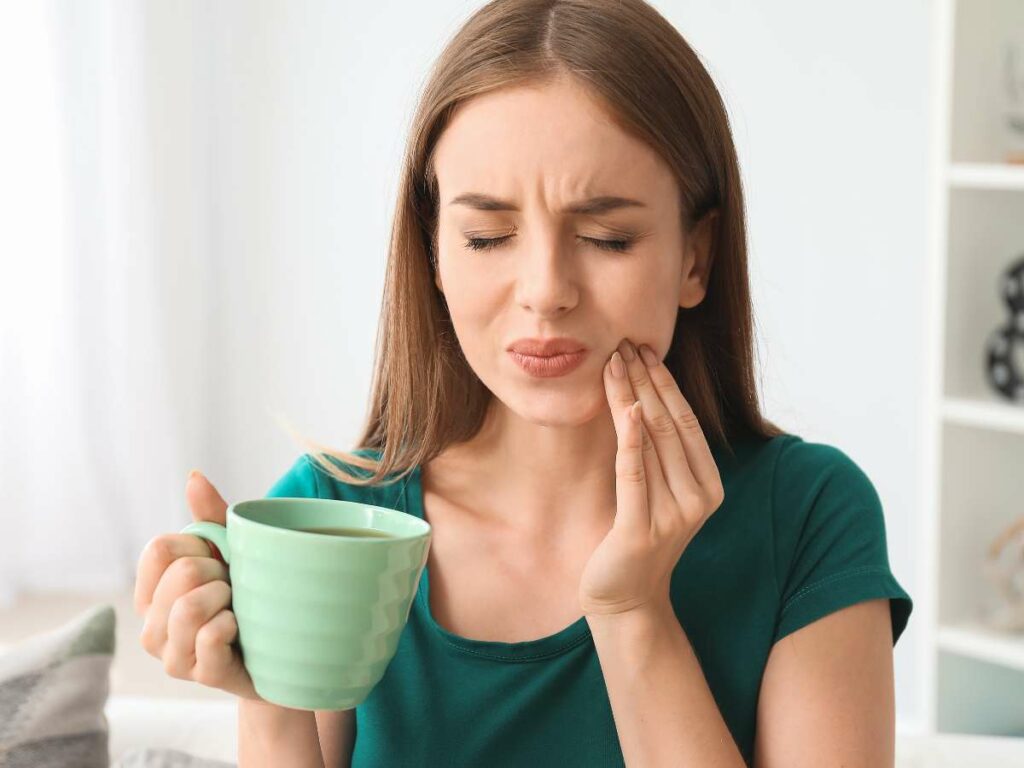
You can expect your mouth to be sore for a few days post tooth extraction, and it’s important that you help it heal and recover quickly to avoid complications. Skipping your morning cup of coffee might seem difficult, but you’ll think otherwise when you learn why professionals discourage caffeine intake after dental procedures, including tooth removal.
In this article, let’s answer the question “can I drink coffee after a tooth extraction?”, discuss its possible risks, and learn alternative beverages you can enjoy after getting your tooth removed. I’ll also share some tips for a speedy recovery, so you can enjoy your coffee at the soonest time possible!
Can I Drink Coffee After a Tooth Extraction?
If you’ve been following my blog, you know that I’m a huge coffee lover. I enjoy a cup of cold brew daily, and I love whipping up new flavors like my fall coffee recipes and special Christmas blend coffees. Naturally, I was bummed when our family dentist slash good friend reminded me to refrain from caffeine intake for a few days after I had a tooth pulled out.
So the simple answer to the burning question is no – drinking coffee and other caffeinated beverages is highly discouraged after you’ve had a tooth removed. “In order for your mouth to heal properly, you should avoid your favorite cup of coffee at least for the first few days,” says Dr. John Russo, one of Orlando Magazine’s “Top Dentists” from 2008 to 2020. “As long as the extraction site heals day after day, you’ll be able to carefully sip a caffeinated beverage for about 5 days after your tooth has been removed.”
Risks of Drinking Coffee After a Tooth Extraction
While tooth extraction is a simple and common dental procedure, it can still pose certain risks, such as dry socket, burns, increased bleeding, increased risk of infections, and delayed healing. Remember that you’ll have an open wound in your mouth that needs recovery time. Let’s go through each one so you can better understand the complications that coffee can cause during the recovery period of a tooth extraction.
Dry Socket
Once your dentist pulls out your tooth, a blood clot will form over the hole in your gums, which will help protect the opening from bacteria and speed up the healing process. When you drink hot coffee after your procedure, its high temperature can prevent a blood clot from forming or dislodge a newly formed blood clot. It can also irritate the nerves in the exposed socket.
This can lead to a very painful condition called dry socket. Not only can it cause severe pain because of sensitivity, but it can also leave an unpleasant taste in your mouth. Hence, it’s best to stay away from drinking coffee and other hot beverages, especially during the first few days of your recovery to prevent the risk of dry socket.
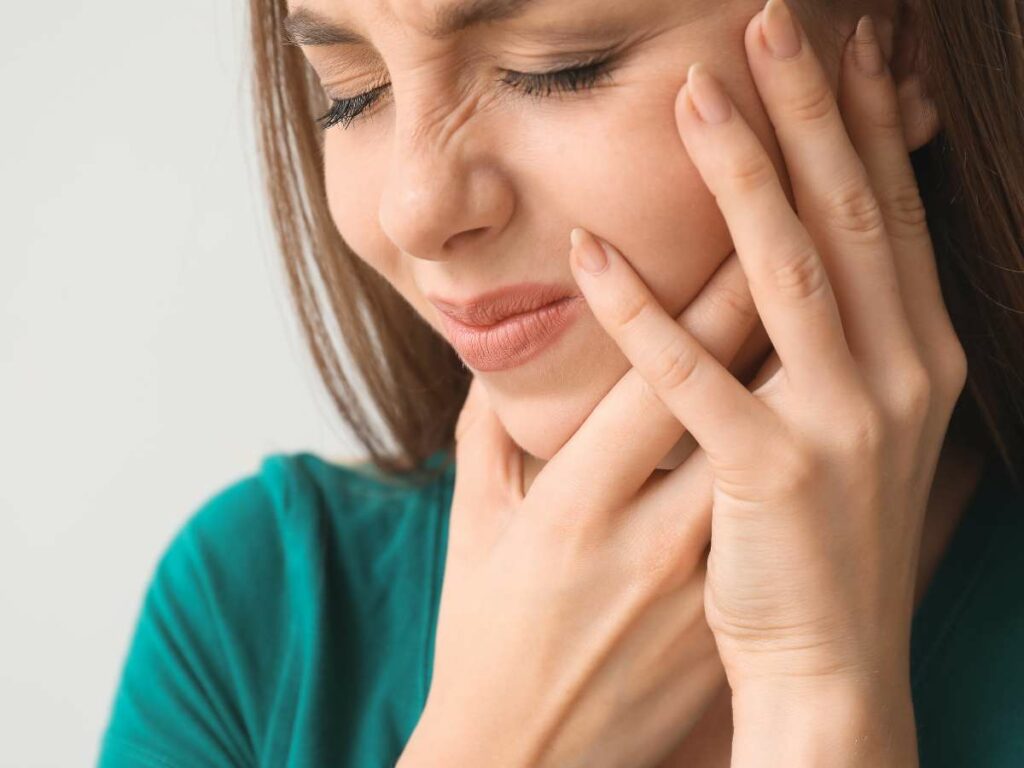
Accidental Burns
Speaking of heat, it’s easy to burn your mouth with hot drinks right after your tooth extraction because it can take a while before any numbing agents or sedatives wear off. You might experience intense pain once they do. Also, keep in mind that your nerve endings are vulnerable after surgery, so drinking hot liquids and eating hot food can instantly trigger pain. Drinking iced coffee or other cold drinks isn’t ideal, either, as it still contains caffeine which causes plenty of problems for the extraction site.
Increased Bleeding
One problem that caffeine can cause is increased bleeding. According to Dr. Rodney L. Allen, DDS, “Caffeine can slow the healing process because it raises your blood pressure, which can lead to bleeding at the extraction site.” Additionally, caffeine has blood-thinning properties which may increase the risk of bleeding as well as dissolve or dislodge the blood clot at your extraction site.
Delayed Healing
Another complication that may arise when you drink coffee after a tooth extraction is delayed healing. Caffeine can slow down the delivery of oxygen and essential nutrients to the body’s tissues, therefore delaying the healing process, prolonging the pain, and increasing the risk of complications.
Increased Risk of Infections
Dentists usually remind their patients not to drink from a straw after tooth removal because this may harbor bacteria that can cause the extraction site to become infected. It also increases the risk of a dry socket. The same goes for sipping on coffee cups. Additionally, coffee is an acidic drink, and it can create an environment in your mouth that is conducive to bacterial growth, which increases the risk of infection.
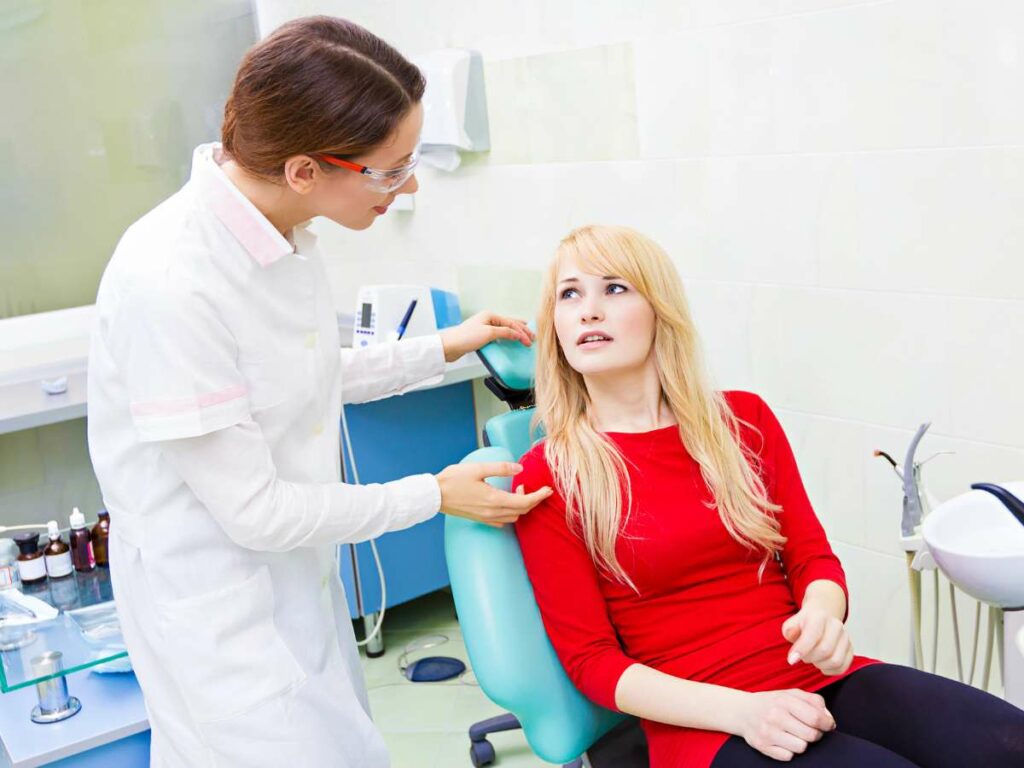
Can I Drink Coffee Before a Tooth Extraction?
Dr. Michael Darrh Bryant, a DMD from Florida, says “You should avoid eating anything for 12 hours prior to your dental surgery. This can help prevent nausea during and after the procedure. If you are having a local anesthetic, you may not need to fast but discuss with your dentist before the treatment.”
Dentists encourage patients to sip on clear fluids only such as water, broth, or clear fruit juices to ensure proper hydration. These drinks are best for before dental appointments because they don’t damage or stain the teeth. Coffee can stain the teeth and may lessen the effect of cleaning agents that may be used during your tooth extraction. So to answer the question, stay on the safe side and refrain from drinking coffee before going to the dentist, whether it’s for a simple dental procedure or an oral surgery.
When Is It Safe To Drink Coffee Again?
Dental professionals generally recommend to wait 5 days before reintroducing coffee into your diet after a tooth extraction. However, if you went through a surgical extraction like impacted wisdom tooth removal, it’s ideal to wait a few more weeks because these procedures take longer to heal. Don’t hesitate to ask your oral surgeon about their specific recommendation based on your situation.
It’s best to introduce coffee back into your diet gradually, starting with a cup of a half-decaf or taking small sips of your regular coffee at first to see how your extraction site reacts. If you notice any bleeding or tenderness, stop drinking hot coffee and wait a few more days again until you’re sure that the healing process is progressing nicely.
If everything goes well, any swelling should subside within two weeks and your mouth should be mostly healed. You can then return to drinking your normal amount of coffee – exciting times! If you have any concerns or questions, be sure to contact your dentist.
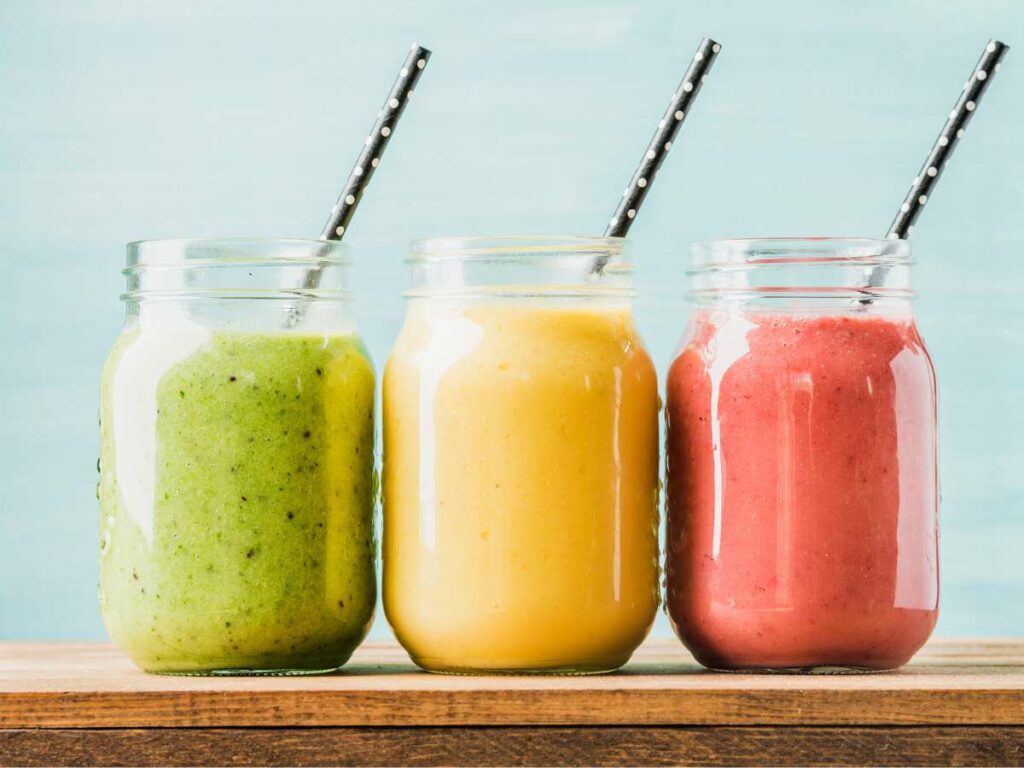
What To Drink Instead of Coffee
After getting your tooth pulled out, it’s best if you stick to drinking cold or room temperature water (along with following a diet of soft foods), at least for the first 2 days. Water is gentle on the mouth, it will help flush food particles away from the extraction site, and it will give you the hydration you need to heal and recover quicker.
Aside from this, water and easy-to-eat foods will be the most comfortable things you can consume since you will experience a lot of swelling in your mouth post tooth extraction. The most important thing to remember is to avoid disrupting or dislodging the blood clot formed at the extraction site. Aside from water, here are other beverages you can drink during the first few days of your recovery process:
- Milk: Milk is chock full of calcium which everyone knows is essential for maintaining healthy teeth and bones. Calcium also helps with remineralization, which nourishes the enamel of teeth, making them more resistant to cavities and decay. Drinking milk post tooth extraction is ideal for a speedy recovery.
- Smoothies: Since you won’t be eating any of your favorite foods for a few days after a tooth extraction, drink delicious smoothies instead – they’re a great way to nourish the body with essential vitamins and nutrients, especially if you’re eating less because of the swelling. However, be mindful of what ingredients you use. Avoid blackberries, strawberries, and other fruits with small seeds because they can become lodged in the extraction site, leading to infection or pain. Save the fan-favorite Bahama Mama smoothie for your post-healing celebration once things are back to normal.
- Sports Drinks: Non-carbonated beverages like sports drinks are also great options for after a tooth extraction because they’re hydrating and refreshing. However, it’s important that these drinks are high in sugar, so don’t forget to brush your teeth thoroughly after consumption to get rid of any residues.
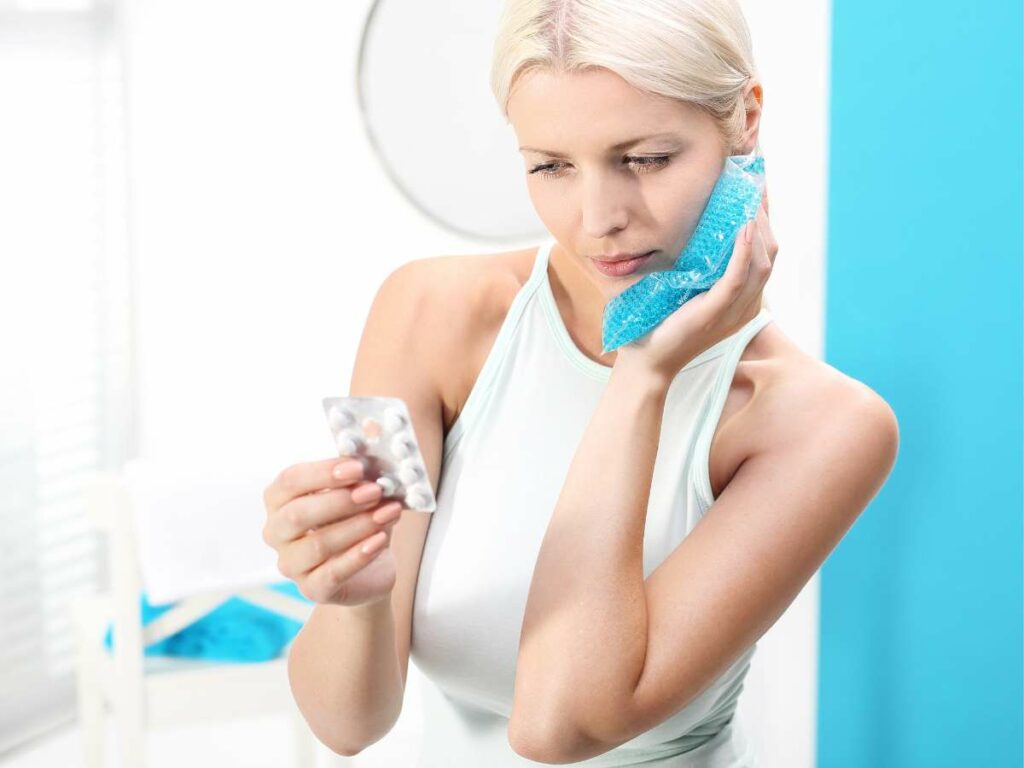
Tips to Promote Healing
Aside from avoiding coffee, there are other things you can do after a tooth extraction to speed up your healing and recovery process. Whether you’ve undergone a routine dental extraction or a more complex surgical procedure like wisdom teeth removal, follow these tips so that the extraction site will feel better at the soonest time possible.
Follow Post-Extraction Care Instructions
After pulling your tooth out, your dentist or oral surgeon will provide you with post-extraction guidance and proper care advice that you should follow religiously. He may give advice on managing pain, swelling, and bleeding, instructions for oral hygiene and caring for the extraction site, and recommendations for any diet restrictions. Be sure to adhere to your dentist’s recommendation and specific instructions to facilitate proper healing and for a quick recovery.
Eat Soft, Nutritious Foods
As mentioned above, it’s best to stick to a diet of soft foods after tooth extraction. Choose to eat a small meal of soft and easy-to-chew foods to avoid putting pressure on the extraction site. Soup, smoothies, mashed potatoes, yogurt, and other nutrient-rich foods are great options so that your body is nourished even when you’re eating less during this period. Stay away from hot, spicy, or crunchy foods for now as they could cause irritation and pain.
Apply Cold Compress
It’s pretty normal for the side of your face where the tooth was removed to be a bit swollen. If you’re experiencing this, applying a cold compress, an ice pack, or even a pack of frozen peas might help. Place the cold compress outside of your cheek near the extraction site to help ease discomfort and lessen the swelling. Apply it in short intervals – up to 15 minutes at a time every 2 hours or as needed during the first 24 to 48 hours.
Don’t put ice directly on the skin. If the cold causes any itchiness or increased discomfort, stop using it and consult your dentist if symptoms persist.
Maintain Good Oral Hygiene
Good oral health and hygiene is a must every day, what more when you have a tooth pulled out? Use a soft-bristled brush to gently brush your tongue and teeth twice a day but be careful to avoid the extraction site. However, the important thing is to make sure that the extraction site is always clean to promote its healing and avoid infections. You can do so by rinsing your mouth with warm saltwater several times a day – this will protect your mouth from bacteria and reduce inflammation.
Avoid Smoking and Alcohol
Aside from coffee, smoking and alcohol are also definite no-nos after going through a tooth extraction. Not only do tobacco and alcohol increase your risk of developing a dry socket, but they also increase the risk of bacteria and inflammation in your mouth, ultimately delaying the healing process.
Wrapping Up
For us caffeine lovers, coffee and our other favorite beverages are hard to give up even just for a few days. However, it’s a small price to pay to make sure that you recover quickly and with no complications after a tooth extraction. By skipping your daily dose of coffee during the recovery process, you can avoid complications such as a dry socket, increased bleeding, burns, and infections that may delay your healing process.
Instead, focus on drinking clear fluids like water, broth, and fresh fruit juices. Milk, smoothies, and sports drinks are good options as well. When it comes to food, follow a diet of soft and nutritious foods and refrain from eating anything hot, spicy, or crunchy for the time being.
With a little bit of patience, you’ll be on your way to enjoying a cup of coffee sooner than you expect. If you found this post interesting or helpful, it would be amazing if you shared it with your friends, family, or anyone who you think might benefit from this content.


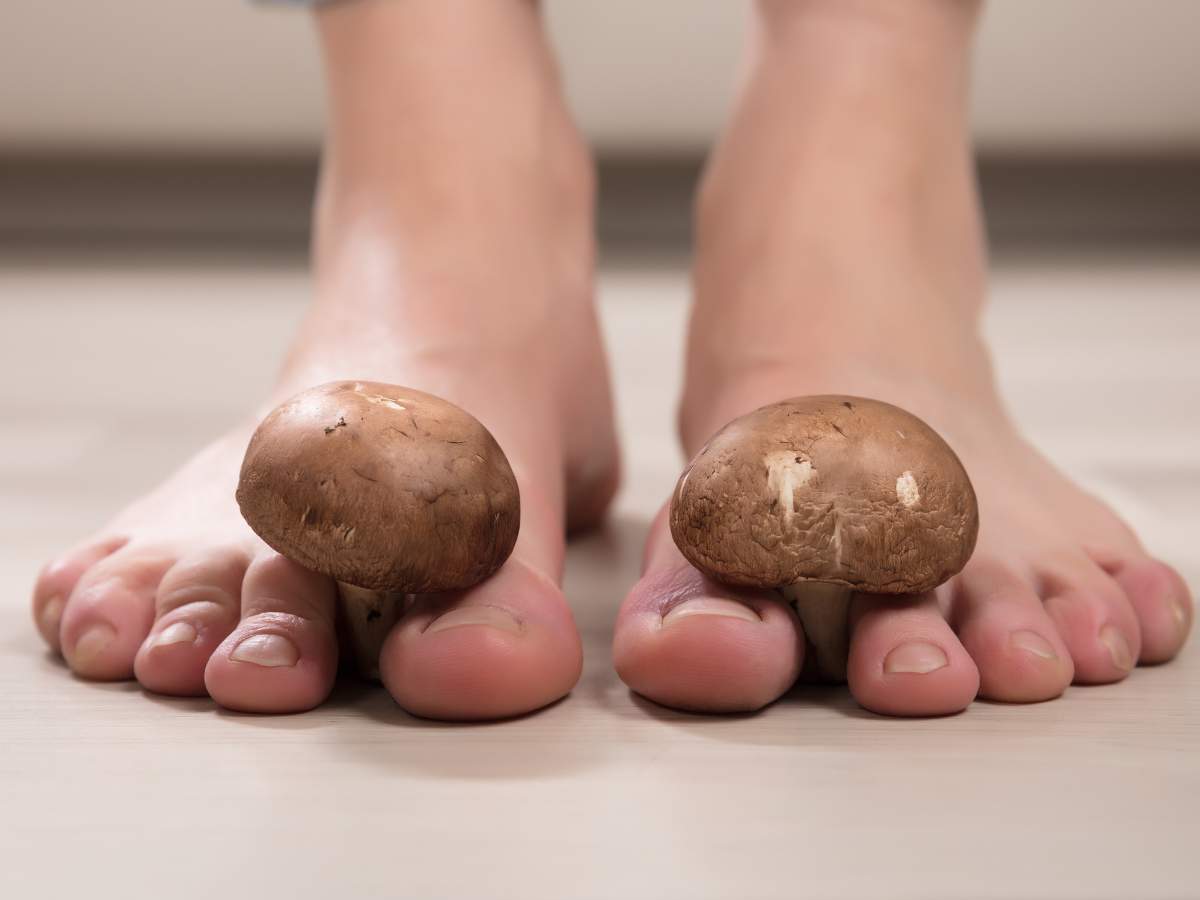
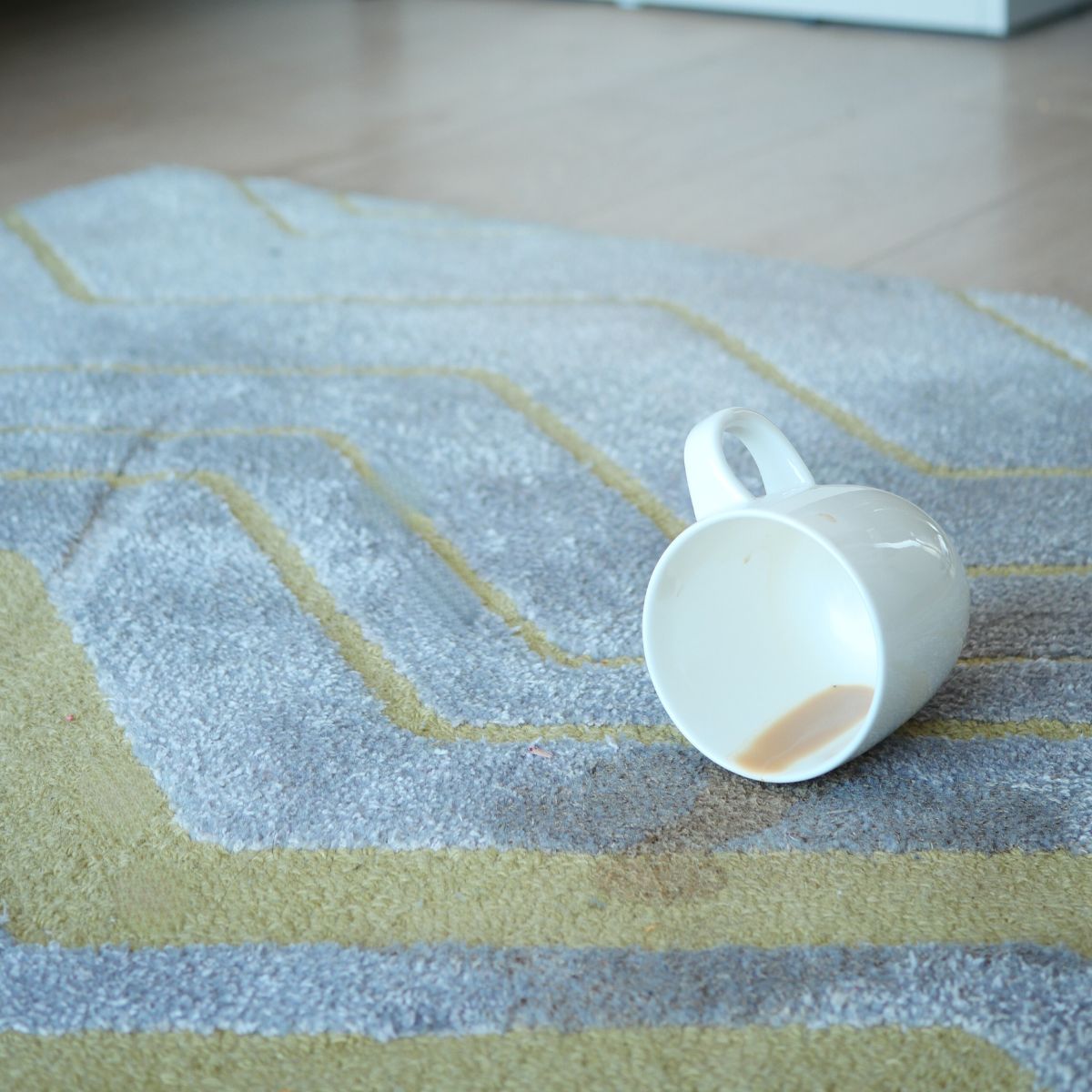
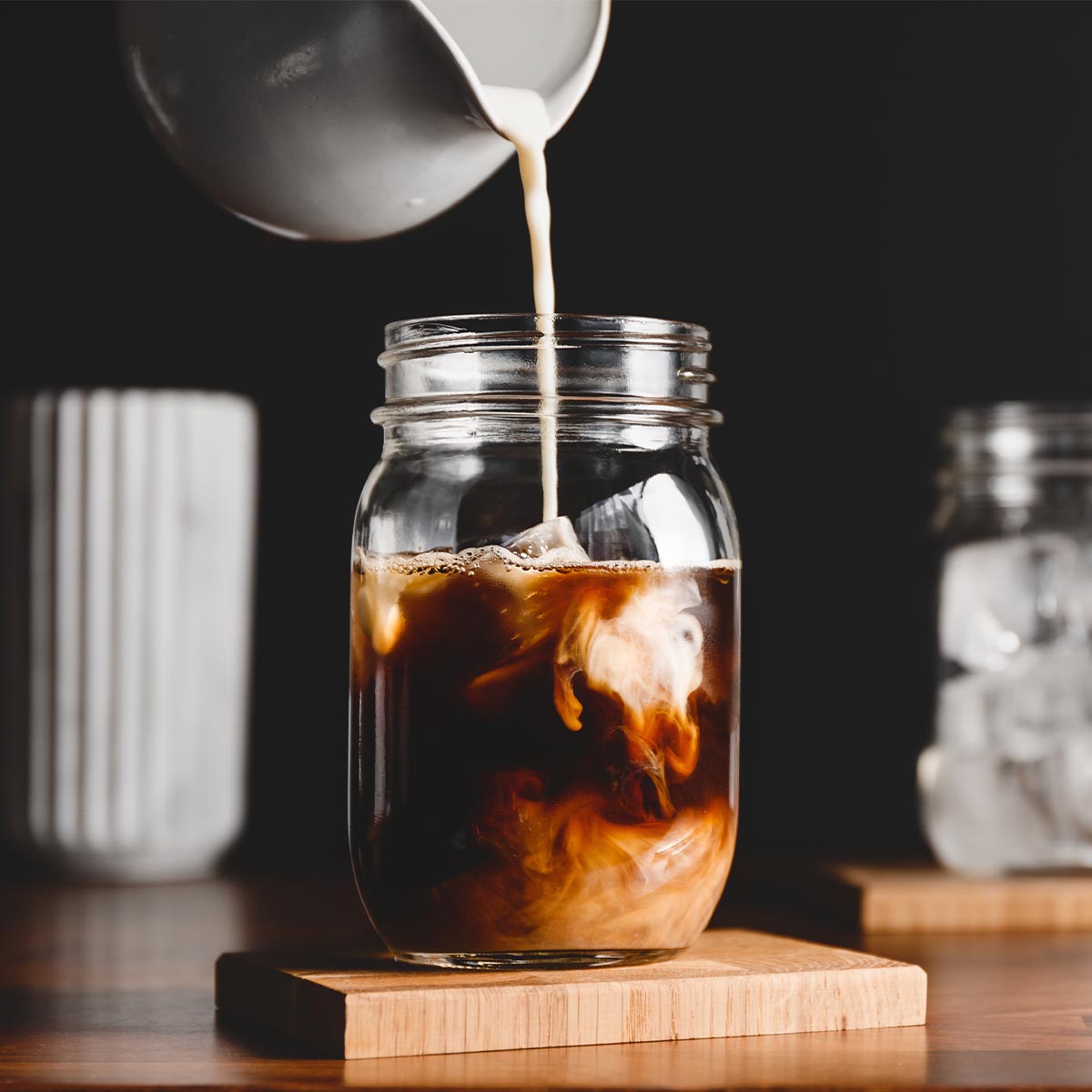

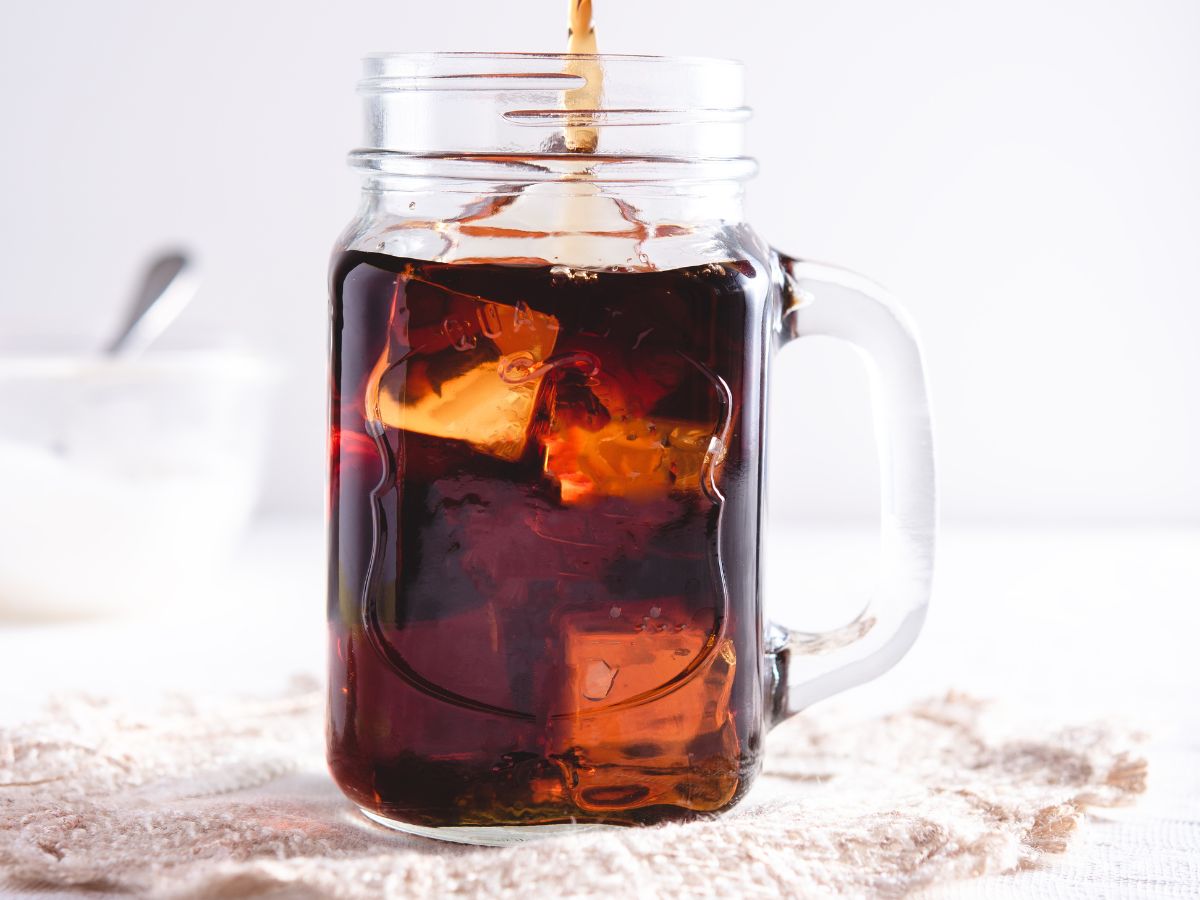
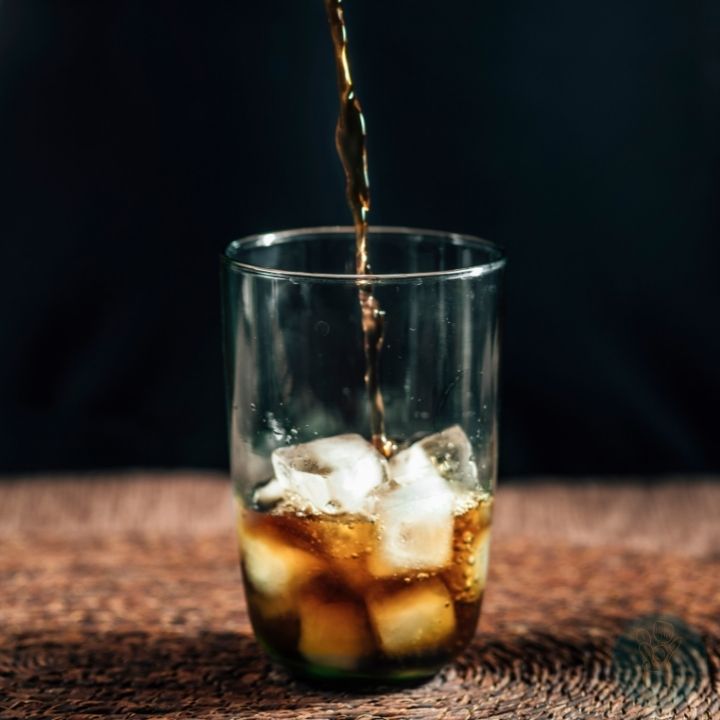
I just learned I have to have a tooth pulled. After reading this, I’m going to make a point of gradually quitting coffee so I can heal more quickly!
I’m glad you found this post before having a tooth pulled out. Wishing you a speedy recovery, Angelina.